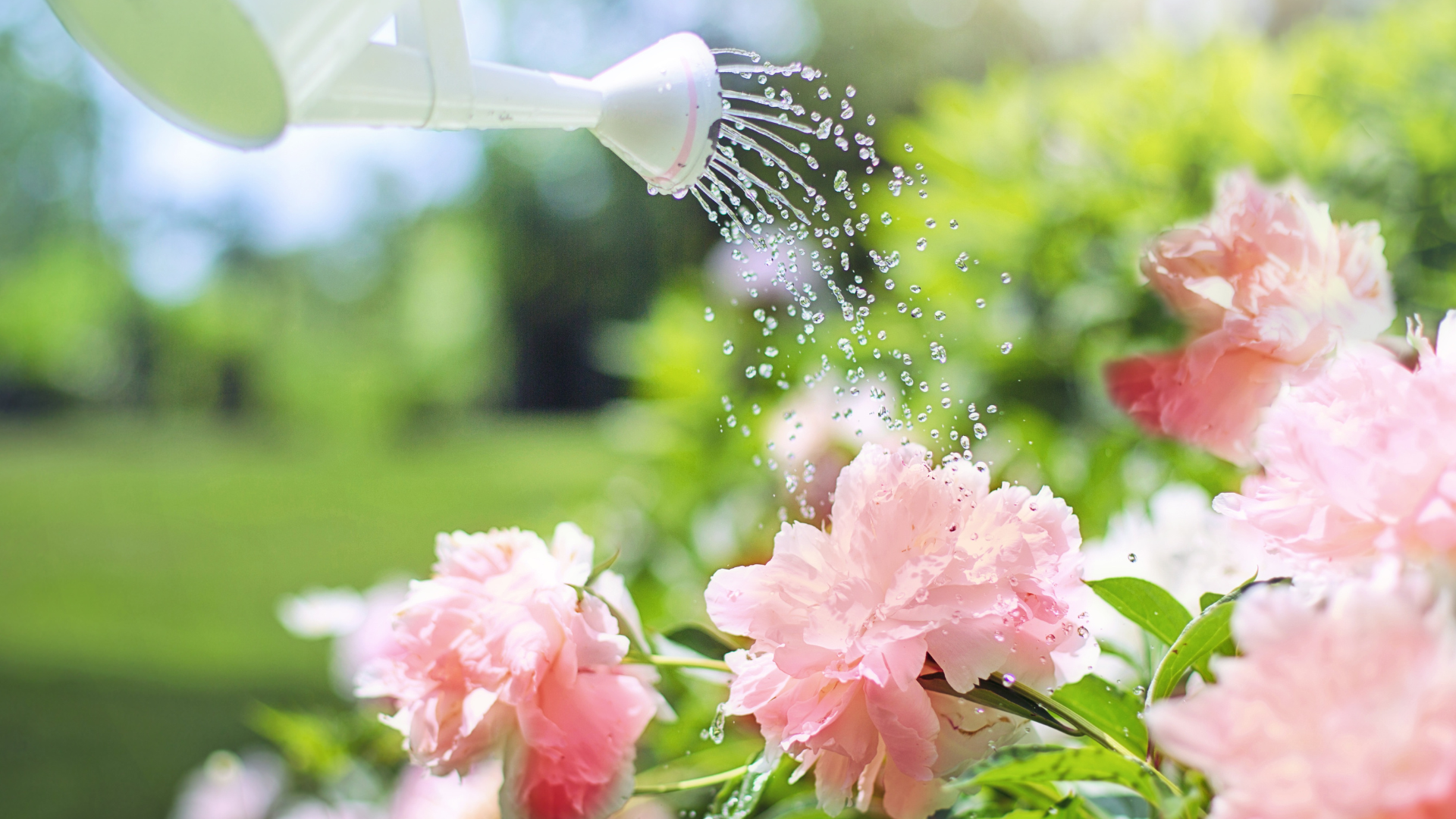Home insurance is a necessity. It’s the first line of defense between you and a damaging flood, hurricane, tornado, earthquake, or fire. There are a variety of insurance options for the homeowner, including coverage for any projects you may have gone on in and around your property, including those at your home.
One of the most important things that you can do to make sure that you do not lose everything in your home—is to ensure that you have some sort of precautionary measures set. This would cover different things, including possessions, damage to your home, and sometimes even the replacement of your home if it were to burn down. You can also look for high quality restoration services in your locality to get consultation and assistance for damage restoration and repairs.
Fortunately, if the worst happens and you can no longer live in your house, you’re not out of luck. Life insurance can help to keep your family from financial ruin by paying off your mortgage and other debts so that you can continue living in your home. But what if you can’t afford homeowners insurance? That’s when life insurance becomes an important part of your financial plan.
How to ensure your garden?
The most common and successful plants are those that are hardy and can withstand adverse conditions. Gardeners who have a lot of plants in their gardens know that certain plants are more sensitive to weather, diseases, and most importantly pests. Pet infestation can be deadly for the garden as it can damage the plants and ruin the crops. Therefore, gardeners prefer to take the help of pest exterminators (visit https://www.pestcontrolexperts.com/local/florida/ to know more) to remove the pest population from their gardens. However, gardeners who have a variety of plants in their gardens understand that getting the right insurance coverage is important for growing a successful garden.
A lot of people think that adding a garden is a great idea, but few know about the additional costs of home insurance after planting it. The big myth about gardening is that you can avoid the high costs of home insurance by planting an extra-large garden. Therefore, if you own a garden, it is important to protect it with insurance.
Check you have enough cover.
Not all insurances are created equal. Some policies can be cheap and provide limited cover for your home; others are comprehensive and will pay for the costs of repairing or replacing damaged property. Additionally, there are policies that compensate for the cost of rehousing and finding new accommodation.
There’s a lot to be said for gardening, but there’s also a lot to be said against it. It’s a great way to help your home, but it can be expensive. For example, when you buy your new garden, you’re going to need a lot of covers. And you’re probably going to require that cover as soon as you plant anything in the soil. You can start with small amounts of cover, but you probably would want to buy more as your garden grows.
Why do we need this home insurance?
When it comes to protecting your garden, home insurance has always been the initial guard for gardeners. Most of us have to deal with various hazards that may affect our gardens, such as theft, fire, vandalism, and even flooding. Home insurance is the best way to protect the garden since it will cover all the damage that is done to your garden. Let’s say that a heavy downpour led to flooding in your garden, which ultimately damaged the landscape. In this case, you would need to contact experts from different fields, including a water damage restoration professional (similar to the one at Eastern Water Restorations) and landscape designer. For this, you would, of course, need funds. But if you want to avoid losing money out of your pocket, you’ll need home insurance, which can cover all the charges.
So, if you are not yet insured for your home, this might be the time to bring about a change. However, the sad truth is that many homeowners don’t think about the insurance they need when they get into the process of buying their homes. This is mostly because people aren’t aware that they can insure their home before buying it. All they have to do is carry out a home inspection to know the possible expenses and seek home insurance accordingly. This probably may not be the case if you are building a new home or if you are an existing homeowner.
Whether you are buying a home or moving into an existing one, you’d be surprised at how many things you can forget to do when it comes to home insurance. Things like: How to best protect your garden from damage? How do you know if you have enough coverage? Should you consider a hurricane or other disaster insurance?
The first thing most home insurance policies cover is damage caused by your own activities—for example, your home could be damaged by a leaky roof or a broken window. However, some companies will insure your home even if it has been damaged by an act of God, such as a flood or an earthquake. Having said that, this can be useful for those who live in areas prone to such types of natural disasters, but you may have to pay a higher premium for this type of coverage.

